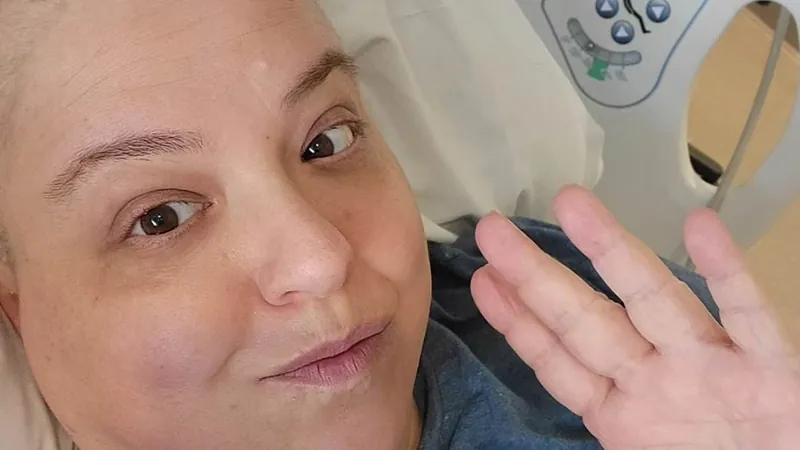
The Heart-Wrenching Reality of Cancer "Ghosting": Why Families Often Disappear When They’re Needed Most
2024-11-17
Author: Benjamin
When Ashley Levinson, a retired nurse from New Jersey, received a stage two breast cancer diagnosis in 2023, she anticipated her family would rally around her, offering love and support during one of the most challenging times of her life. However, what followed was shockingly different. Shortly after she broke the news, her relatives ceased all contact. The phone calls stopped, and the encouraging texts faded into silence. It felt as though they had vanished.
This phenomenon, now referred to as "cancer ghosting," is increasingly documented among cancer patients who find themselves abandoned by friends and family after sharing their diagnosis. The emotional toll of losing connections during an already overwhelming time can be devastating. According to research, about 65% of cancer patients report experiencing a similar withdrawal of support from their loved ones.
Levinson’s heartbreaking experience is far from unique. Karen Selby, a registered nurse at the Mesothelioma Center in Orlando, Florida, recounted the story of a patient whose friends drastically reduced contact after his diagnosis, leaving him feeling isolated and unsupported. Levinson articulated the depth of her pain, noting that the abandonment from those she considered her core support group was akin to "a punch to the gut." Fortunately, she found solace in the unwavering support of her two children, Hannah and Jake, who remained by her side.
Often, those who "ghost" a cancer patient are grappling with their own fears and traumas, often rooted in personal experiences with loss. Levinson speculated that her relatives' silence might stem from their past anguish over another family member's battle with breast cancer. "Maybe they thought ignoring it would make it go away. But as we all know, cancer does not go away on its own," she shared.
Natasha Carlson, who faced a similar fate after her diagnosis in 2018, articulated the pain that accompanied the sudden absence of her close friends. After two decades of friendship, they stopped responding to her messages, leaving her feeling confused and hurt. “This was one of the most painful parts of the entire cancer experience for me,” she lamented.
The reasons behind this abandonment can be complex. For many, the thought of confronting a loved one’s illness may evoke uncomfortable feelings, leading them to distance themselves as a means of protection. Maggie Hundshamer-Moshier, diagnosed with breast cancer, described her initial feelings of sorrow that morphed into anger as she realized how many friends had withdrawn. “It was hard to see outside of my own pain at the time,” she reflected, acknowledging her loved ones' struggles to cope.
Patients battling feelings of abandonment often find themselves questioning the motives behind the silence. Some wonder if their friends are facing personal difficulties or if shame plays a role in their decision to disappear. A patient who shared their experiences on Reddit recounted their friends ignoring their 30th birthday, amplifying their feelings of neglect. “It doesn’t take much eloquence to text a friend ‘happy birthday,’” they expressed.
Healthcare professionals like Ms. Selby have noted the alarming prevalence of cancer ghosting among patients. While they may feel comfortable discussing physical ailments with their doctors, the emotional ramifications of cancer often go unaddressed. “Patients are in real need of both physical and emotional support from their friends and family,” Selby emphasized.
As cancer diagnosis rates continue to rise globally, it is crucial to address this troubling trend of abandonment. Awareness surrounding cancer ghosting can not only illuminate the emotional challenges faced by patients but also encourage open conversations among families and friends so they can better support one another amid life’s most daunting battles. The need for compassion, understanding, and connection during such tumultuous times has never been more essential.
In an era where support is paramount, let’s strive to create a community where no one has to face cancer alone.
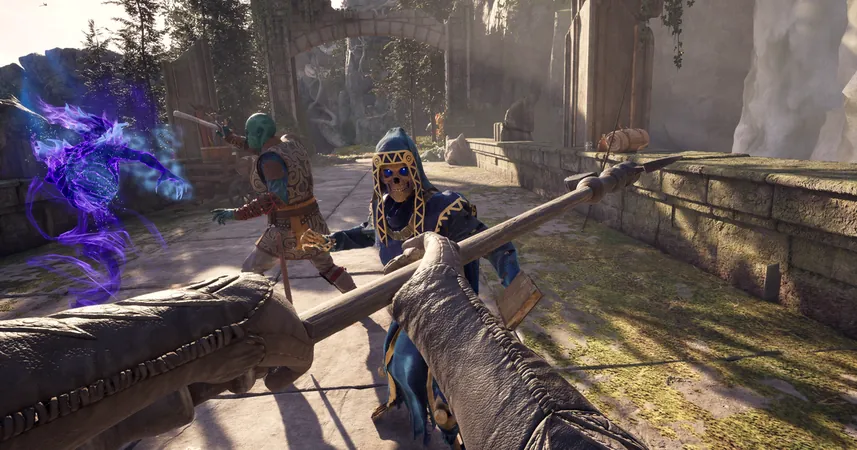
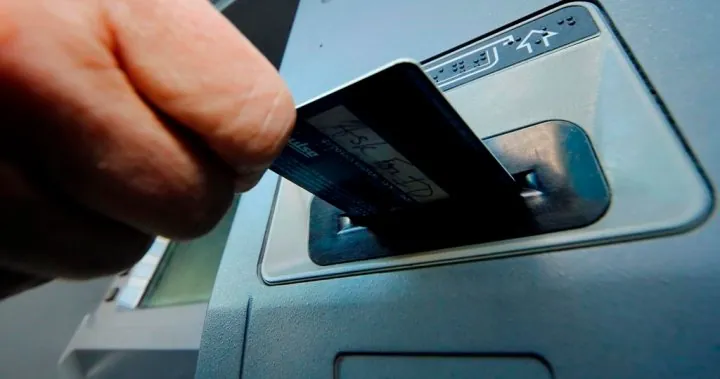
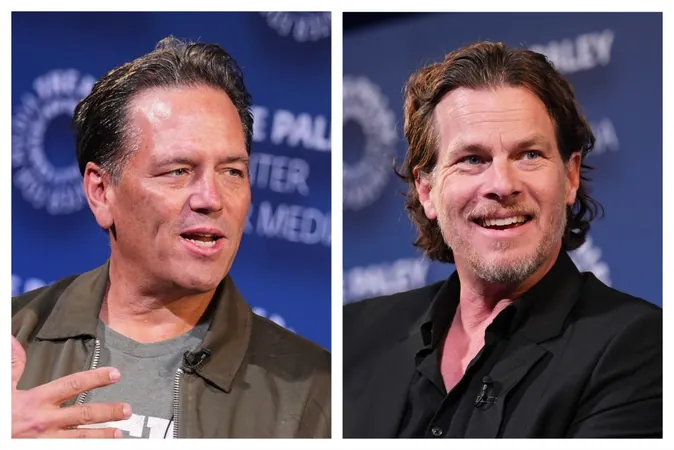
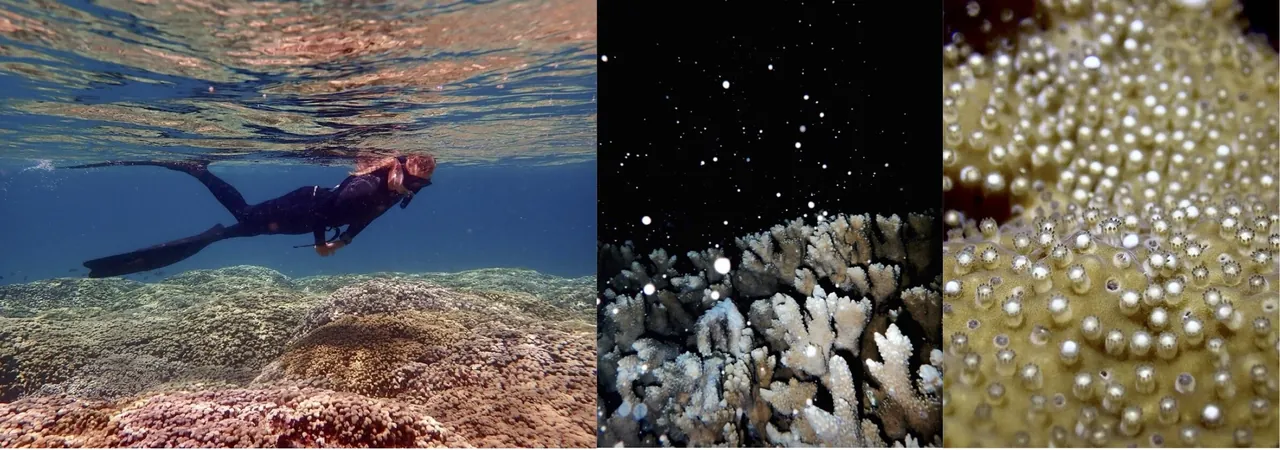
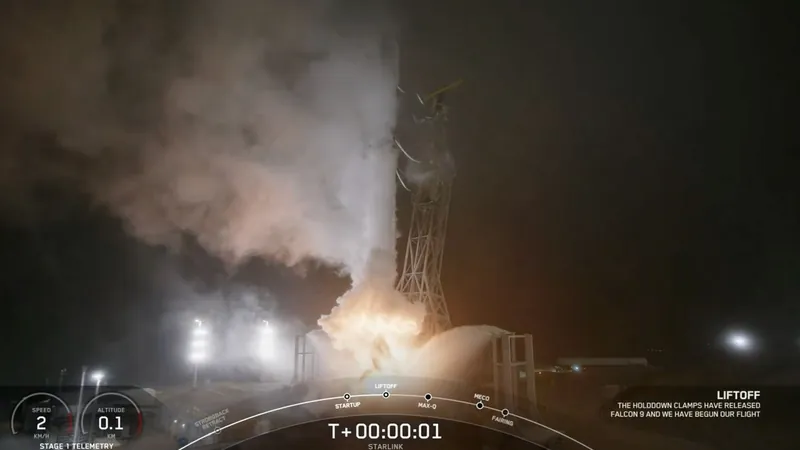
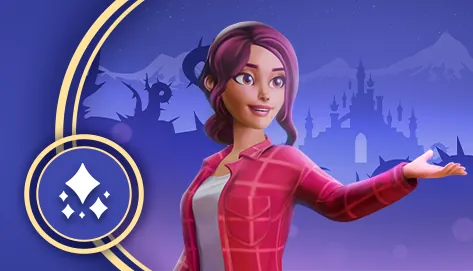

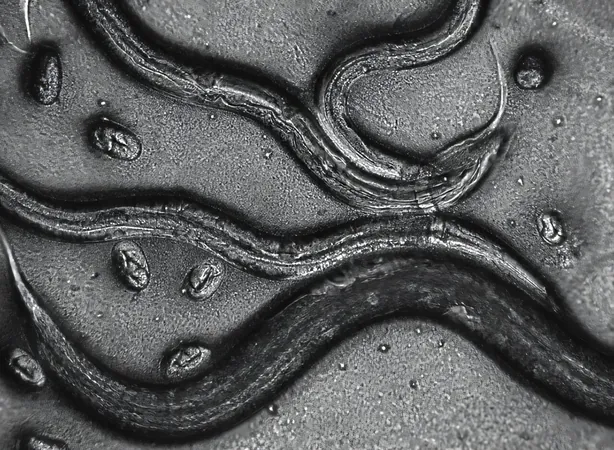

 Brasil (PT)
Brasil (PT)
 Canada (EN)
Canada (EN)
 Chile (ES)
Chile (ES)
 España (ES)
España (ES)
 France (FR)
France (FR)
 Hong Kong (EN)
Hong Kong (EN)
 Italia (IT)
Italia (IT)
 日本 (JA)
日本 (JA)
 Magyarország (HU)
Magyarország (HU)
 Norge (NO)
Norge (NO)
 Polska (PL)
Polska (PL)
 Schweiz (DE)
Schweiz (DE)
 Singapore (EN)
Singapore (EN)
 Sverige (SV)
Sverige (SV)
 Suomi (FI)
Suomi (FI)
 Türkiye (TR)
Türkiye (TR)